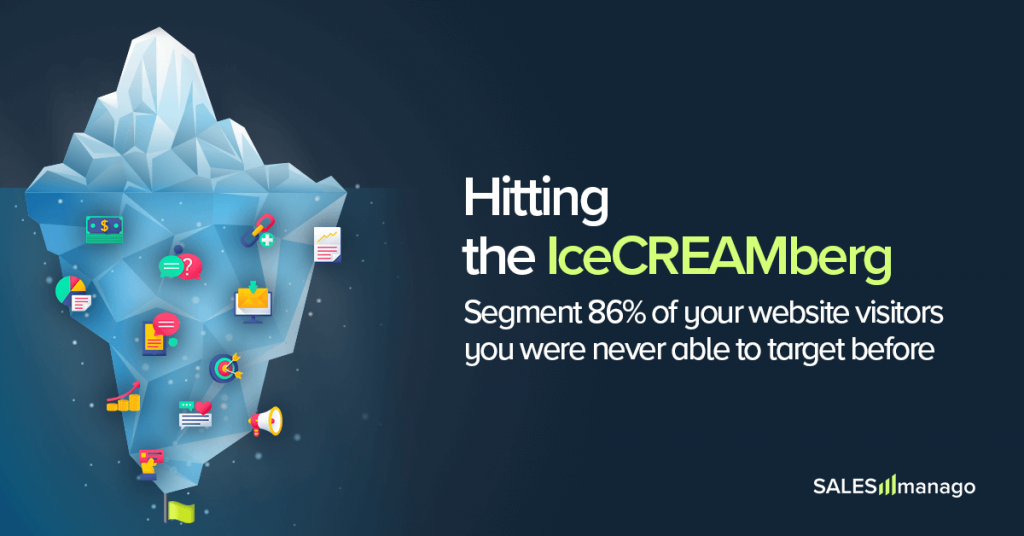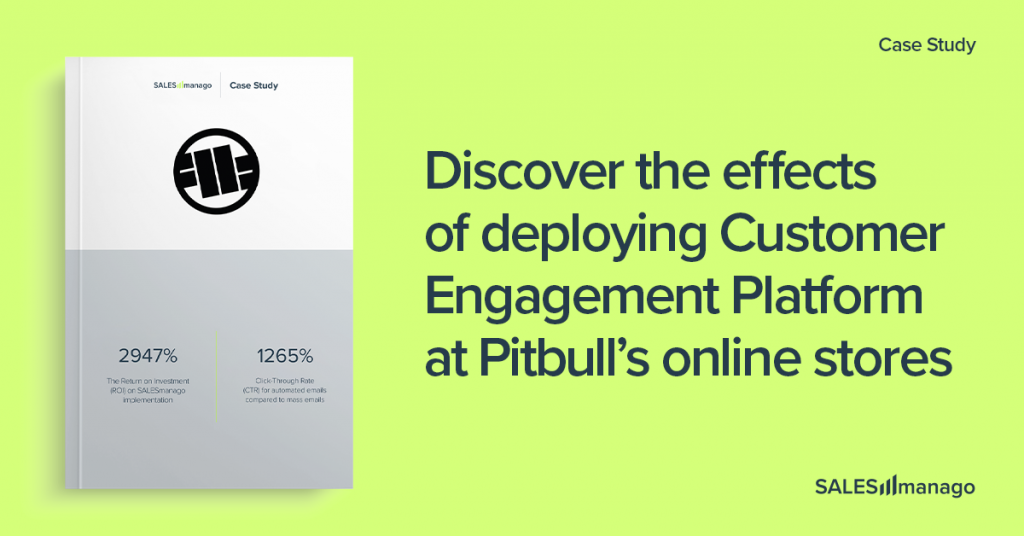Last month, like every year, we enjoyed the Black Friday bargains, and now, a few weeks before Christmas, the shopping fever reaches its peak. The holiday season is usually the time of rampant consumerism. Nevertheless, in recent years, we have been observing the apparition of new trends that negate the existing consumer lifestyle. This happens especially among new generations – Millennials and Generation Z, which differ from older generations in their shopping behavior. Are those just transitional trends that will disappear soon, or maybe the modern society actually turns away from traditional consumerism? And what can marketers do in this situation?
Are Millennials anti-consumerists?
One of the largest generations in history is about to move into its prime spending years. Millennials are poised to reshape the economy; their unique experiences will change the ways we buy and sell, forcing companies to examine how they do business for decades to come.
Goldman Sachs report
Among the most frequently indicated characteristics of Generation Y (known also as Millennials) – the largest generation in society nowadays, is the retreat from traditional consumption and materialism. According to the Goldman Sachs report quoted above, only 15% of Millennials want to buy a new car or a TV, the goods that were status symbols and objects of desire for previous generations (Generation X and Baby Boomers). Generation Y, instead of buying, prefers to spend money on experiences, such as travels, concerts, festivals, or eating out. They are also much more conscious as consumers. When Millennials started their adult lives, many new, alternative lifestyles that reject the long-established consumerism emerged.
New trends and alternative lifestyles
The new trends are based mainly on the negation of the dominant lifestyle focused on consumption, materialism, the rat race, i.e. the phenomena indicated as the main culprits of the progressing degradation of the environment and social life. Changing consumer habits and lifestyle to a more conscious, ecological and responsible is considered to be a move that can at least partially stop the negative impact that the human civilization has on the environment. Among these more and more popular trends there are:
- anti-consumerism, or conscious and deliberate limitation of consumption of both products and services,
- less waste and zero waste, i.e. the reduction or elimination of waste from consumption, e.g. by recycling or selecting products whose consumption will not produce waste,
- slow living – a philosophy that rejects the rat race and the fast pace of living and praises the simple pleasures of the everyday life instead,
- ethical consumption – choosing products whose negative impact on the environment is minimized (vegan, not tested on animals or with Fair Trade certificates),
- sharing economy – sharing goods without having to own them, which results in better use of resources (for example bicycle-sharing systems).
What these trends mean for marketers?
Do these phenomena mean that radical, permanent changes in the consumers’ habits and bad times for sales are coming? Probably not – even the flood of new anti-consumerisms trends doesn’t mean that the capitalist society will stop buying. Nevertheless, there is no doubt that the modern world is constantly changing, and brands should adapt to these changes to face the challenges.
How can brands adapt their marketing activities to the new reality? Let’s study the example of Patagonia, the company that encourages its customers to switch to responsible consumerism: buying less frequently, but products of good quality that will last longer; repairing clothes instead of throwing them away; buying second hand and recycling. These are the values that underlie the company’s philosophy, as described by Rosa Marcario, CEO of the company, in the linked article. Is this an effective strategy? The company’s $250 million increase in revenue since the memorable campaign “Don’t buy this jacket” proves that it’s working.
This example shows that companies can effectively cope with changes in consumer habits by referring to values that are important to them and building the brand on such slogans as social responsibility, sustainability, environmentally friendly production process, etc. This will help with establishing long-lasting relationships with customers and engaging them with the brand that suits their values and lifestyle.
Marketing Automation – marketer’s tool in a changing world
In the face of changing consumer behavior, an undoubtedly important factor will be an in-depth knowledge of customer needs and the adjustment of communication based on the information obtained. Such possibilities are offered by the Marketing Automation platform. Mass communication is no more effective when it comes to dealing with such internally diverse groups of recipients. Brands should start paying more attention to personalizing marketing activities, segmenting the recipients on the basis of their common features (like lifestyle or life philosophy), and using the latest marketing technologies based on AI, Data Science and Machine Learning, which analyze large data sets and provide personalized recommendations for the customers. Such modern solutions help marketers to meet the realities of the changing world and keep up with the new consumption phenomena.







 Follow
Follow

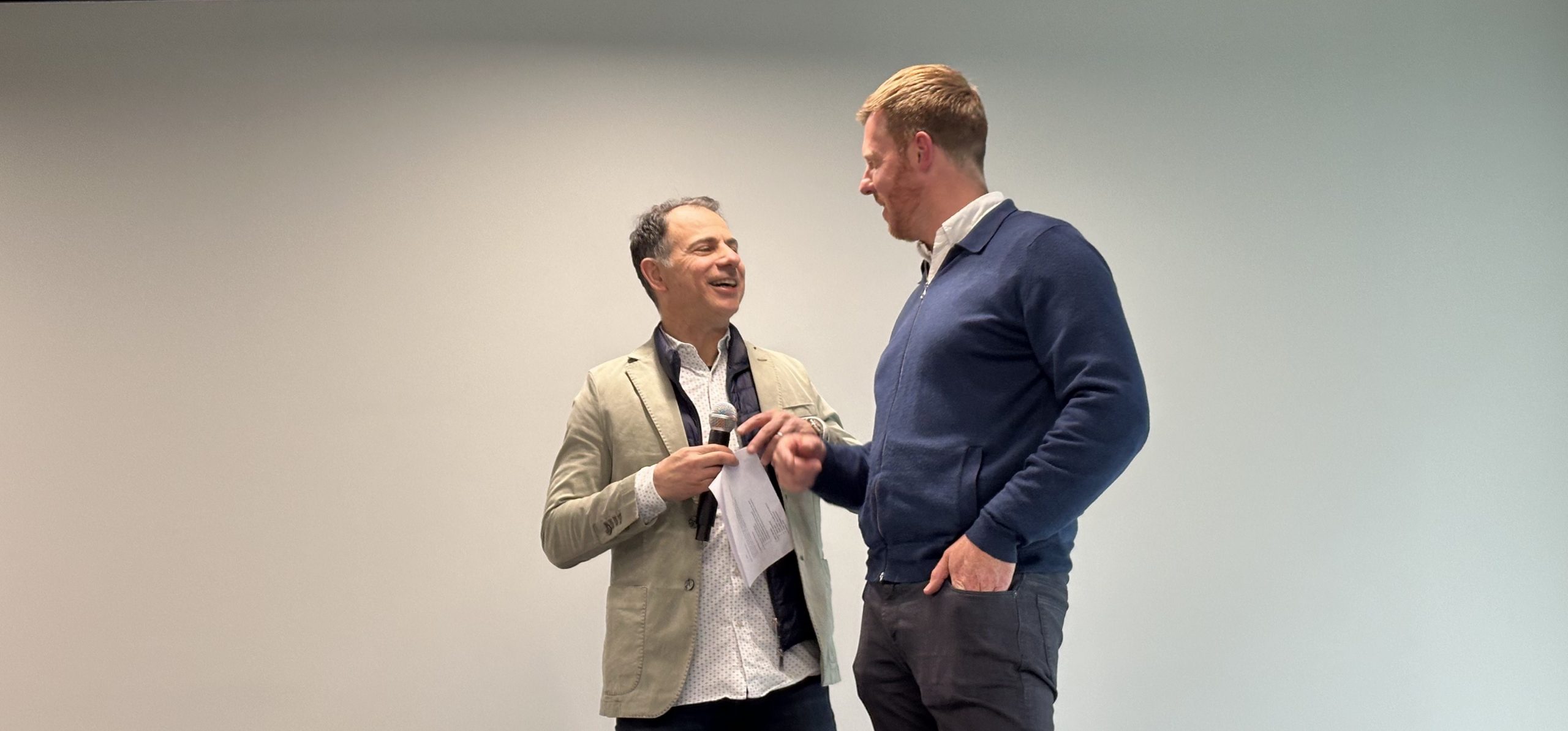
![[New Feature] Shine the light on your hidden visitors with Spotlight](https://blog.salesmanago.com/wp-content/uploads/2024/04/1-9.png)
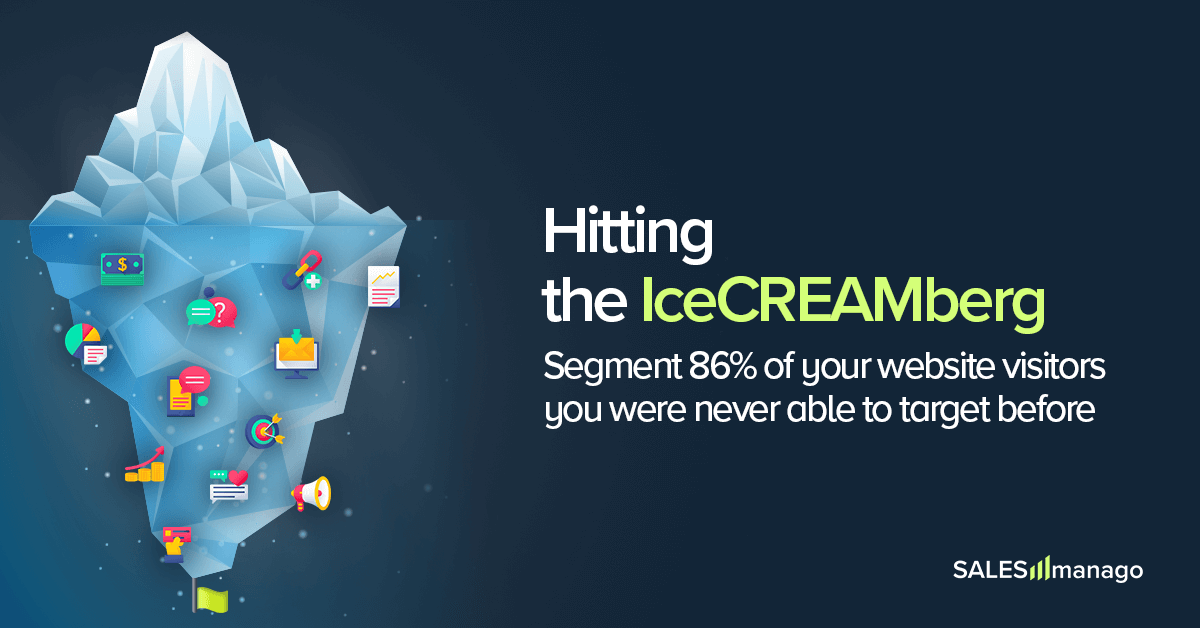

![[New Feature] Unlock Deep Behavioral Personalization with Product Collections](https://blog.salesmanago.com/wp-content/uploads/2024/03/1-3.png)


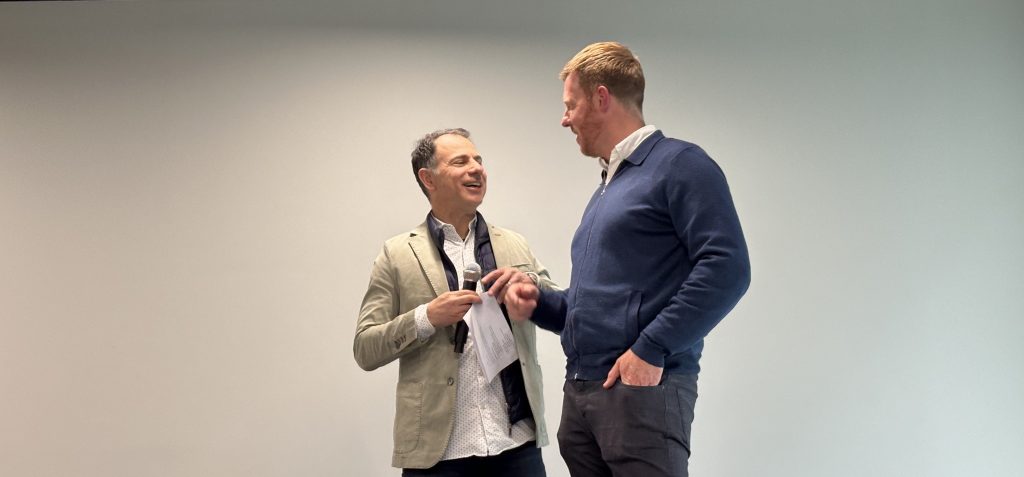
![[New Feature] Shine the light on your hidden visitors with Spotlight](https://blog.salesmanago.com/wp-content/uploads/2024/04/1-9-1024x536.png)
